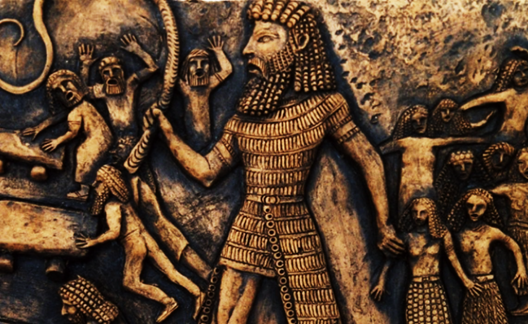Then and Now
One of my favorite pieces of music is Robert Schumann’s Träumerei. This is a video of Vladimir Horowitz playing Träumerei in Moscow in 1986.
Horowitz was born in Russia but left in 1925. He returned to Russia in 1986 during the thawing of relations between the USSR and America. Horowitz’s choice of playing Träumerei is an excellent segue to grasp Schumann’s piano composition.

Schumann was born in Germany in 1810 and died in 1856. During his brief life, he created some of the most remembered and cherished musical scores during the Romantic Age. Schumann is a musical archetype of what Randy Pausch said about living life. “We cannot change the cards we are dealt, just how we play the hand.”
Schumann suffered from several psych disorders. During his manic periods, he composed many of his greatest works, including Träumerei. His psych issues created pain but also opportunities to deal with his pain. His parents weren’t psychologically great examples. After going to college, he married Clara Wieck, a noted pianist. During that year, Schumann wrote 140 works. However, by the mid-40s, he became increasingly depressed. A decade later, he was put in a sanatorium, with the stipulation that Clara could not see him. After two years, she was allowed to see him, but he died several days later. Clara, while a noteworthy pianist, also suffered from psych issues like envy. After his death, she destroyed all of Schumann’s unpublished works.
Träumerei is a German word for dreaming, daydreaming, or short fantasy. Schumann wrote 13 piano pieces in Kinderszenen, which means Scenes from Childhood. Träumerei was the 7th. All the piano pieces were his memories of his childhood. Schumann dedicated Träumerei to his daughter, Marie, who was four years old at the time. Watching her, Schumann reflected upon his time as an innocent child.
That is the backstory of Robert Schumann. So, why am I writing about Träumerei beyond loving that piece of music? If I had even the smallest amount of musical abilities, I would write about my version of Träumerei and dedicate it to my three granddaughters in Myanmar. Meeting them over a decade ago, I have seen them go from being two, four, and nine to a preteen, a teenager, and a twenty-year-old. The photos below are of my two younger granddaughters and Moh Moh, their mother. The other picture is of Ti Ti at Gusto University in Yangon.

My Träumerei would address my sheer joy in having my three granddaughters mixed with utter grief. I’m eighty-one and am in good health, but seeing my granddaughters and their parents again is doubtful. With whatever money I still have, I would rather help my family and provide Ti Ti, the oldest, with her college education. She is a student at Gusto University in Yangon and has two sites on my website. College Day contains essays and articles that Ti Ti has exclusively written about her college days. The other site contains articles that I have written about her. Just click on Ti Ti. This site has an introduction to the various articles I have written about Ti Ti and a picture of us playing Scrabble. You will notice that I still wear that shirt. I will never part with it since I wore it when I discovered my granddaughters and their parents over a decade ago.
Ti Ti has tried to get a student visa three times at the US Embassy in Yangon. I have spent countless hours trying to get someone at the State Department to address the issue and failed. Talk about Schumann’s Träumerei expressing joy and sorrow. Trust me. I can taste it.
So, this essay is about the polarity of my personal Träumerei. I haven’t achieved getting Ti Ti to the States for a college education, and I can’t write a musical note. However, I can write essays and my website. Ti Ti, Snow, and Fatty, I love you. You have provided a reason for my being.




















